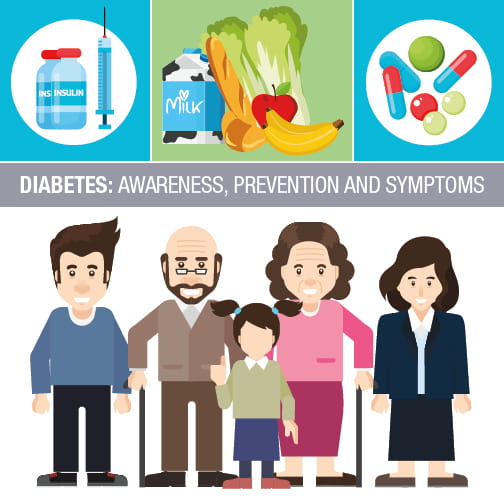Endocrinology (Diabetes & Metabolism)
Recent Posts
Diabetes Care in Mankato, Minnesota
Diabetes mellitus refers to a group of diseases that affect how your body uses glucose, also called your blood sugar. Glucose is vital to your health because it's an important source of energy for the cells that make up your muscles and tissues. It's also your brain's main source of fuel.
The underlying cause of diabetes varies by type. But no matter what type of diabetes you have, it can lead to excess sugar in your blood. Too much sugar in your blood can lead to serious health problems.
Chronic diabetes conditions include Type 1 diabetes and Type 2 diabetes. Potentially reversible diabetes conditions include prediabetes and gestational diabetes. Prediabetes occurs when your blood sugar levels are higher than normal but not high enough to be classified as diabetes. And prediabetes is often the precursor of diabetes, unless appropriate measures are taken to prevent progression. Gestational diabetes occurs during pregnancy but may resolve after the baby is delivered.
Symptoms
Diabetes symptoms vary depending on how much your blood sugar is elevated. Some people, especially those with prediabetes or Type 2 diabetes, may sometimes not experience symptoms. In Type 1 diabetes, symptoms tend to come on quickly and be more severe.
Some of the signs and symptoms of diabetes are:
- Increased thirst
- Frequent urination
- Extreme hunger
- Unexplained weight loss
- Presence of ketones in the urine (ketones are a byproduct of the breakdown of muscle and fat that happens when there's not enough available insulin)
- Fatigue
- Irritability
- Blurred vision
- Slow-healing sores
- Frequent infections, such as gums or skin infections and vaginal infections
Type 1 diabetes can develop at any age, though it often appears during childhood or adolescence. Type 2 diabetes, the more common type, can develop at any age, though it's more common in people older than 40.
When to see a doctor
You should see a doctor if you:
- Suspect you or your child may have diabetes. If you notice any possible diabetes symptoms, contact your doctor. The earlier the condition is diagnosed, the sooner treatment can begin.
- Already have been diagnosed with diabetes. After you receive your diagnosis, you'll need close medical follow-up until your blood sugar levels stabilize.


